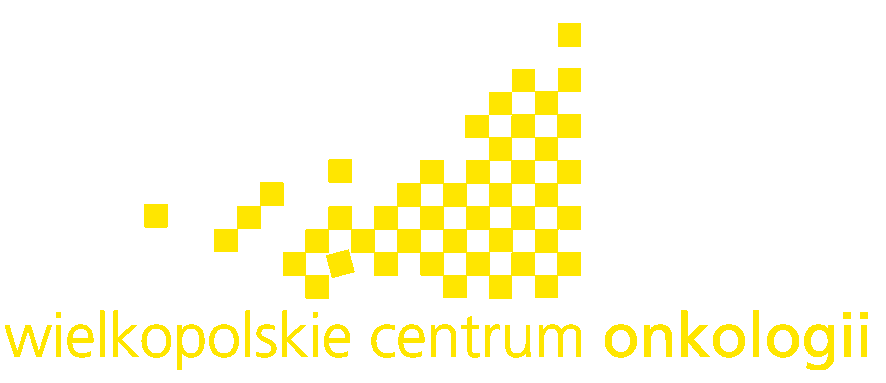The National Head and Neck Cancer Prevention Programme is a response to a constant and highly significant growth in the incidence of head & neck cancers. That group of diseases is most often diagnosed at stage III and IV, where medicine may only offer palliative treatment aimed to prolong life and improve its quality. According to the data of the National Cancer Registry, the number of new cases has risen in the last decade by 25%, i.e. from 8,694 to 10,801. The Healthcare Maps developed by the the Ministry of Health predict a further 10% growth in H&NC incidence in 2015-2025.
The programme was developed by Prof. Wojciech Golusiński, Head of the Head & Neck Surgery and ENT Oncology Department and Clinic, Greater Poland Cancer Centre, Poznań, President of the Polish Head and Neck Cancer Society.
In the period from 1 September 2017 to 31 August 2020, the Greater Poland Cancer Centre will carry out a preventive project for early detection of head & neck cancer in the Lubuskie, Wielkopolska and West Pomeranian provinces, its main objectives being:
– to provide free secondary prevention healthcare services to a population of 7,500 (3,000 females and 4,500 males) from the project reference area. The target group will include people at a high risk of H&NC, i.e.: individuals aged 40-65, long-term smokers, abusing alcohol, exposed to increased risk of human papilloma virus infection, with one of the six symptoms not related to upper airway infection persisting for over three weeks, i.e.: burning tongue, non-healing ulceration and/or red or white lesions in the mouth, sore throat, persistent hoarse voice, nodule on the neck, nasal congestion bloody nasal drainage, pain during or trouble swallowing. The programme may also include individuals from the above age group who are not long-term smokers, do not abuse alcohol or are not exposed to high risk of human papilloma virus infection, but have shown one of the above symptoms for more than three weeks
– to raise awareness of H&NC with medical staff of primary healthcare institutions (POZs)
– to carry out an educational campaign directed to the target group about the risk factors and early symptoms of H&NC
– to implement an emotional support programme for H&NC patients, including meetings of patients and their families with psychological and social health experts
– to establish and maintain a cooperation platform between stakeholders (including POZ doctors, decision-makers, H&NC patient organisations
Study subjects will be invited in two stages:
– by POZ doctors (POZ doctors will be responsible for educating patients from their active lists and qualifying them for screening tests)
– by reporting directly to a specialist centre following educational campaigns (a questionnaire on risk factors will need to be filled out at registration)
The study of the target group will begin in 2018.
Training courses are now being prepared for doctors and a meeting is being held as part of the emotional support project for H&NC patients.












